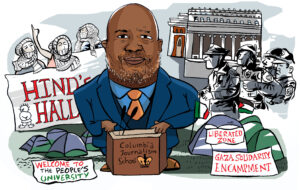
Political Amnesia and Censorship: Why Netflix Banned Famagusta
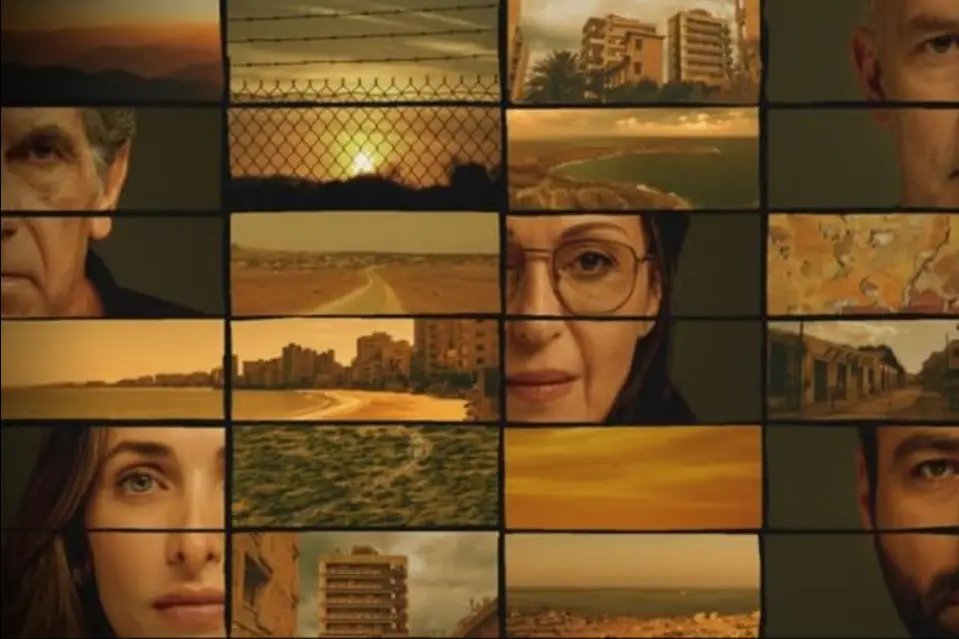
When I sat down to write about Famagusta, I struggled to find the right words to start. How do I explain that I’ve just watched the most harrowing TV series of my life? How do I explain that it was so powerful it re-framed my existence as the daughter of Cypriot migrants? It answered why my parents are the way they are, why my culture is the way it is, and why my upbringing was so challenging.
A series based on the Turkish Invasion of Cyprus in 1974, Famagusta first aired in January 2024 on Mega (Greece) and Alpha (Cyprus) for the 50th anniversary of the Turkish invasion. I streamed from Australia via Alpha but with no English subtitles—yet another layer of censorship. In September 2024, in the face of Turkey’s threats to pull its 2.6 million subscribers (vs Cyprus’s mere 50,000), Netflix caved, banning Famagusta outside Greece and Cyprus.
This is unfortunate since everyone has the right to enjoy the stories of their culture. More fundamentally, though, those who justify war in the name of “self-defense” would learn a lot from this confronting yet powerful three-season drama created by Andreas Georgiou. When I watched Famagusta, each episode felt like a sledgehammer to my soul. The only thought running through my mind was: how did I not know about these horrific war crimes?
Addressing The Turkish Invasion Of Cyprus
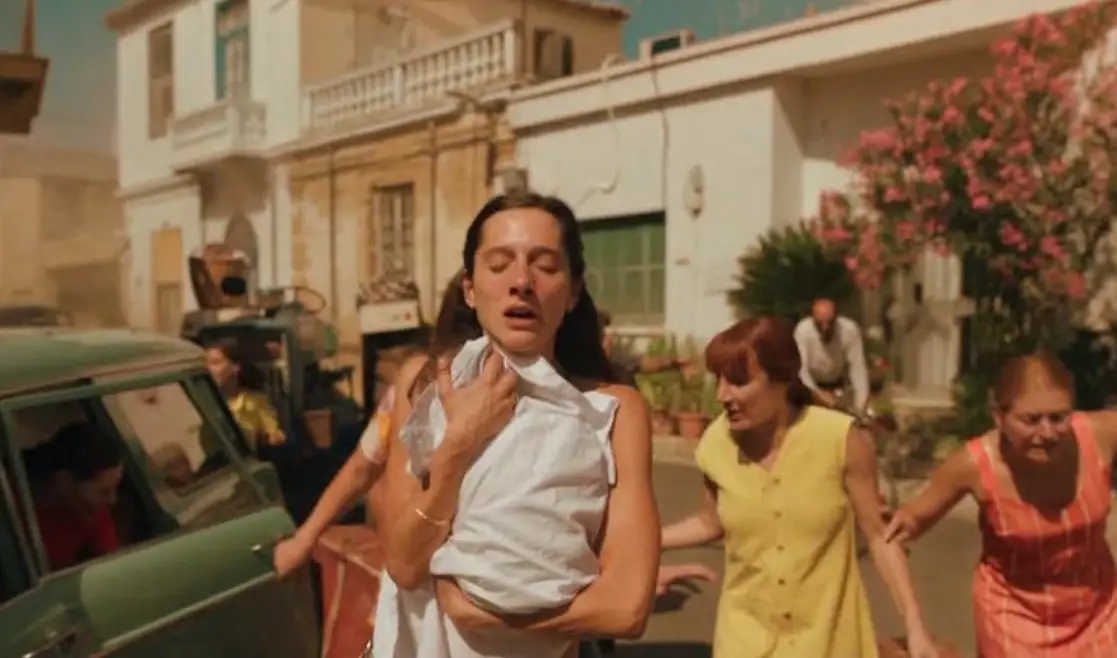
Dad has been lecturing me about the Cyprus problem all my life: Cyprus was granted independence from British rule in 1960 with the condition that they forever retain 3% of our land for military purposes, Cyprus can never have enosis (union) with Greece, and the British, Turkey, and Greece remain guarantors of the island, even though the first president of Cyprus, Makarios III, supported enosis.
Civil unrest which had the minority Turkish-speaking Cypriots (TC) and Greek-speaking Cypriots (GC) turning on each other—fuelled by the US and British who did not want enosis, despite nearly 96% in favor in an unofficial church-run referendum—had Turkey invading in 1974 under the guise of protecting TC.
The European Commission of Human Rights Report 1976 documents many of Turkey’s war crimes, such as the forced expatriation of GC to prisons in Turkey, where they were tortured, some raped; and the forced separation of GC families. 50 years on, the self-proclaimed Turkish Republic of Northern Cyprus is only recognized by Turkey, evidence that the international community is well aware of what happened. Turkish forces remain on our land, still citing the same excuse.
Dad never spoke of the war crimes. Similarly, regular visits to my Cypriot second home only yielded friendliness, tranquillity, and peace—a tropical, cosmopolitan paradise bursting with tourists and foreign investment, despite the barbed-wire division. I even ran a writing workshop in the UN buffer zone where Cypriots from both sides attended, and Cypriots from both sides can freely cross. Never have I heard, in all my travels to Cyprus, the first-personal accounts of the war crimes shown in Famagusta.
What’s more, my parents have been streaming Cypriot TV to our home for 20 years, and never have I once seen a Cypriot film or drama depicting war crimes like the rape, torture, mass shootings, and mass graves shown in Famagusta. The war is always—just like Dad did with me—glossed over, existing like a shadow in the background of the narrative. This was also the case with the first Cypriot film to stream on Netflix, Find Me Falling (2024), a beautiful romance by Stelana Kliris.
Set in contemporary Cyprus 50 years after the war, Famagusta follows the fictional narrative of Michael (Christos Loulis), a British documentary filmmaker with Cypriot ancestry, who relocates to Cyprus to document first-person accounts of the Turkish invasion. Each episode is identical in structure: the contemporary narrative is approximately two-thirds, with one-third dedicated to an interview of a victim of war crimes.
The show is named after Famagusta, once Cyprus’ most vibrant, cosmopolitan city, a ghost town today. The victims portrayed are actors, but the stories are based on true events, depicting how Turkish forces approached from the north, using whatever means necessary to push GC into the south, while TC in the south fled to the north. There are flashbacks including political sequences depicting President Makarios III, the republic’s first president in 1959 after Cyprus gained its independence, re-elected by 96% of Cypriots in 1968. A military coup to force enosis with Greece by US-backed right-wing junta from Greece saw Makarios III overthrown providing ample excuse for Turkey to invade in 1974.
Famagusta’s Treatment Of The Tragedy
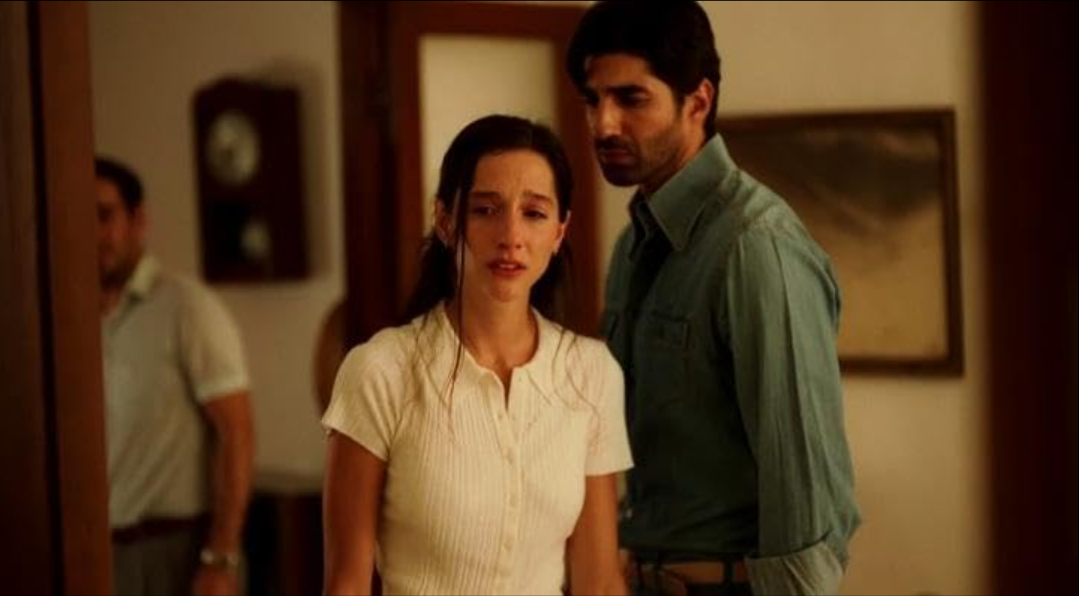
The contemporary narrative centers on Michael, his work, personal life, and the Sekeri family—GC refugees from Famagusta. Michael is attempting to secure an interview with the mother, Christina (Koralia Karanti) for his documentary. Like many others in Cyprus today, she has a missing loved one. Suffering from PTSD, Christina was hit with bomb shrapnel in the 1974 war only to awaken with her newborn baby gone from her arms.
Like many of Michael’s interview subjects, Christina has never shared her story publicly. She suffers every day from the pain of losing her son, and the constant memories of him. Talking about it only amplifies her heartache. But it’s been 50 years, and nothing has helped. There’s also something about Michael that makes her feel like talking about what happened might lead to a miracle—that her son might be alive out there, unaware that his parents are looking for him.
Effective cinematography, focusing more on characters than scenery, feels purposeful, and Georgiou doesn’t pander to the “tropical paradise of Cyprus” gaze. Cleverly bringing the viewer into the room in the interview segments, the flashback scenes are gut-wrenching, encouraging a strong affinity for Michael and his work.
Michael interviews with warmth and empathy as victims reveal what they hope to attain from sharing their stories. Some are doing it to heal, others to illustrate hypocritical Cypriots who victim-blamed and stigmatized rape and torture victims as “damaged” or “dirty”, others to hold Turkey to account, others in the hope that someone might have information about their loved ones, others to confess their crimes and how brother was turned against brother.
Very much to the tune of Cypriot television, with high drama stakes, Famagusta is well cast with strong acting by a mix of emerging and well-known Greek and Cypriot actors, including popular Cypriot television actor George Zenios (Pavlos, Christina’s father). My favorites include Vasiliki Troufakou (Ifigenia), and Koralia Karanti (Christina), and Georgiou himself, playing Christina’s son Pavlos who is fighting a life-threatening illness. Through Pavlos’s character, we feel connected to Georgiou, his determination and fight to crack open the wound of Famagusta, and the trauma of Cyprus.
The contemporary narrative in Famagusta explores a range of themes including violence against women, interpersonal relationships, the criminal justice system, addiction, divorce, reconciliation, disability, end of life, and the power of family and love. Although I initially felt there were too many subplots, I eventually began appreciating the masterfully woven, complex tapestry, underpinned by the hidden trauma of a people obsessed with social etiquette and the public perception of one’s family. Despite its political content in the interviews, I wasn’t expecting it to be so heartfelt with an overall message of love, hope, and peace.
My only concern was the choice of Greek in the contemporary narrative, since everyday speak on the ground is Cypriot. As Cypriots, we should celebrate and preserve our language. This is why attempts are being made today to document it, as in Find Me Falling.
Famagusta highlights the extreme difficulty in actually speaking about one’s experiences as a victim of war crimes, which is why so many stories remain hidden—not only for the sheer trauma of recounting them but also, in some cases, because of the stigma. The self-censorship all began to make sense, especially the way the diaspora is where the migrants cling to their traditions, a possible defense mechanism to bury the horror.
Famagusta also unapologetically depicts how the Cypriot community often shunned, judged, and shamed victims. For example, women who were raped, some of them in front of their families as torture, were often judged by their families and the community and chose to either leave Cyprus or turned to prostitution.
The Cypriot government is to blame too. For instance, those who had heard through word-of-mouth of a loved one’s burial spot were sometimes dismissed by the government. One story in Famagusta recounts how a woman took it upon herself to dig late in the night, finding and identifying her husband’s remains by a locket she gave him.
As I watched, I realized that my father didn’t tell me about the war crimes because— how do you tell someone these inhumane stories? Some of the horrors I heard in Famagusta left me debilitated. Georgiou is quite raw in his visual storytelling. He doesn’t hold back when depicting graphic violence and sex, including rape.
Turkey’s Attempt To Censor Famagusta
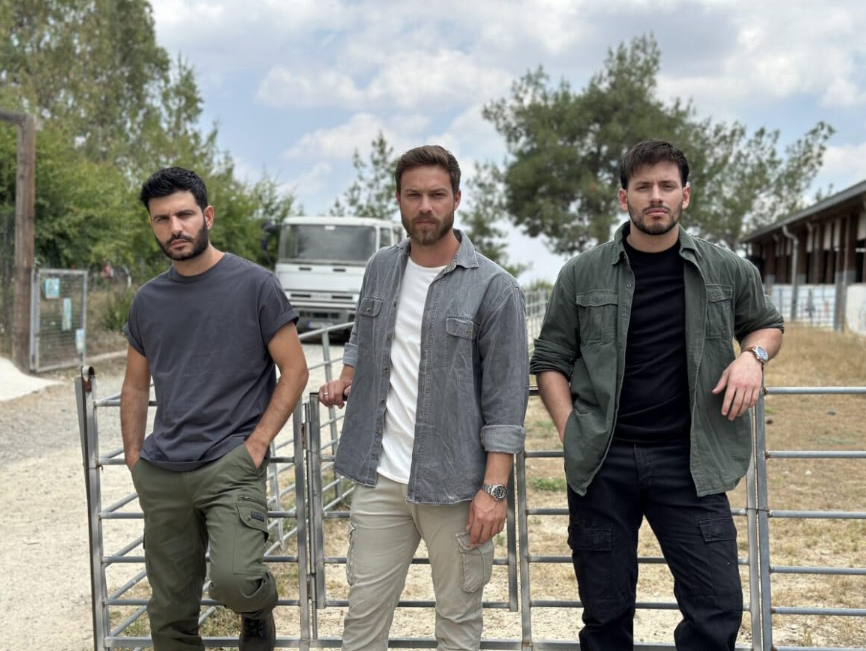
The contemporary narrative in Famagusta is far from the ‘black propaganda’ Turkey has labeled it to be. Its first-person accounts are based on facts documented and known by the entire international community. The British even set up an abortion clinic at their Cyprus military base, Akrotiri, for rape victims.
But this isn’t the first time Turkey is censoring content; it also successfully censored films depicting the Armenian genocide.
The Union of Cypriots, an organization representing TC and GC fighting against all occupation whilst highlighting the struggle of TC trapped under a foreign government that imports mainland Turks to increase their negotiating power, told me they condemn the Netflix censorship. “By censoring the Famagusta series under pressure from Turkey,” the union said, “Netflix silences the voices of all Cypriots, hiding our pain and our story.”
“Turkey has been occupying Cyprus and committing crimes against humanity, including settler colonization, on the island for half a century,” they added. “Yet, Cypriots face censorship while Turkey escapes sanctions and accountability. This responsibility lies heavily on our Cypriot government … No one should forget that today both Greek-speaking and Turkish-speaking Cypriots suffer from the occupation, war crimes, and other unlawful activities carried out by Turkey on the island.”
Famagusta is quite poetic, showing the highs and lows of being human: the beautiful and the ugly, the unjust and the miraculous. Despite Turkey’s unjust actions, the message is not anger. Instead, it highlights how precious life is and that peace should be the ultimate goal.
Famagusta is underscored by gut-wrenching, nostalgic, emotive music, including powerful imagery and a song at the opening of each episode ‘den xehno’ (I won’t forget), a phrase Cypriots say on the anniversary of the invasion each year. Yet the series depicts the choice by the Cypriot government not to pursue the war crimes of Turkey, but in a sense, to “forget”.
But perhaps the government went too far, and Georgiou brings just as much shame to the Cypriot people and government as he does Turkey. He has held up a mirror to Cyprus, perhaps inspiring a shift in social consciousness, with the Cypriot president defending Famagusta as more victims share their stories.
This conscious or unconscious approach by the government, which could even be argued is a trauma response, goes hand-in-hand with the stigma. GC in the south were not affected like the GC refugees of the north, and they perhaps also wanted to forget, rebuild, or were able to do so, compared to the refugees and victims of war crimes. But the release of Famagusta will create more questions not only of Turkey’s illegal occupation and war crimes, but those of the British, and the US’s involvement, and how they benefit from it.
Late last year, Israeli forces intercepted Iranian missiles via the British military bases in Cyprus. On their 3% of our land, the British military do not have to keep the Cypriot government informed of their actions. They have also attacked Yemen via Cyprus. Articles blaming Cyprus do not even generate an eye blink from the British who are quite happy to continue to have Cyprus take the blame for their actions while simultaneously endangering Cypriot lives for their benefit, with Hezbollah even threatening Cyprus.
In the meantime, the refugees, and the victims of war crimes, live every day in the hope of justice, in the hope that their missing loved ones will return, with some saying in Famagusta that they live for the day to kiss the bones or belongings of their loved ones.



